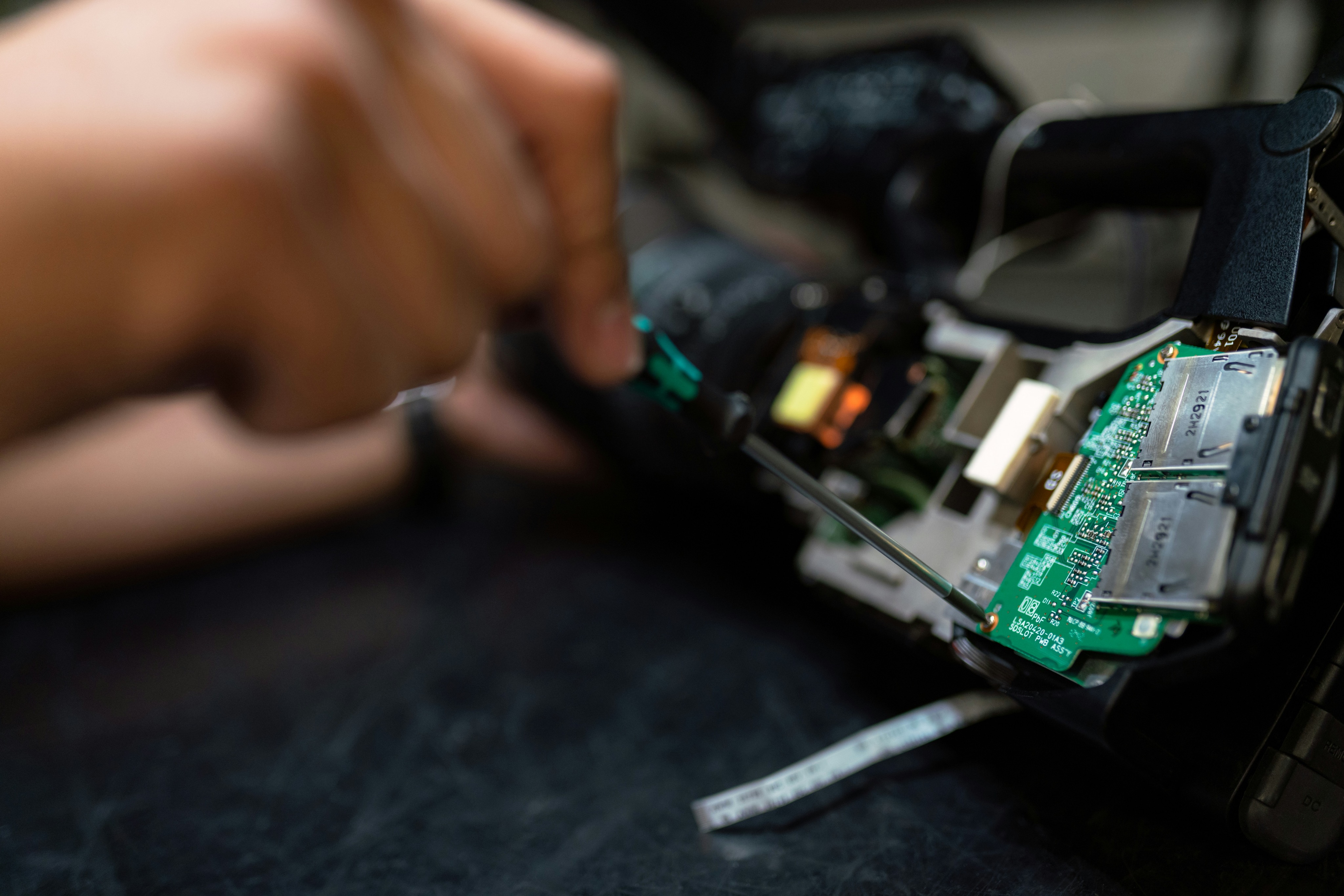
01
Inform
Understanding the challenge
The challenge: preserving field knowledge as experienced mechanics retire.
For years, the company has depended on its senior mechanics. They are the ones who can recognise a problem from the sound of a machine or solve an issue that no manual describes. But now, many of these experts are close to retirement. With them, a huge amount of practical knowledge could disappear.
Hiring new juniors is already difficult. But the bigger problem is that most knowledge is not written down. It lives in the heads of experienced mechanics and is shared only in quick conversations at the worksite. Admin systems can record hours and parts, but not the thinking process that solves problems.
This left the company with a clear question:
How do you keep decades of knowledge alive when the people who hold it are leaving?
02
Analyse
Making a long-lasting impact
The solution was not another manual or form. It was a new way of thinking: speech-to-knowledge.
Bit designed a mobile app that allows mechanics to simply talk while they work. They describe what they see, what they think the cause is, and how they fix it. The app captures this dialogue and turns it into a structured entry: observation → cause → solution.
Over time, these entries grow into a large knowledge base. What was once hidden in the heads of senior mechanics is now stored, searchable, and ready to be used by younger colleagues. It gives juniors the chance to learn directly from real cases, almost like standing next to an experienced mechanic at work.
03
Activate
Results
The result is not just a tool, but a living legacy.
- Knowledge is saved leaving their legacy behind
- Juniors learn faster by checking real cases instead of starting from zero.
- Problems are solved quicker, because past solutions are easy to find.
- The company keeps its expertise, turning everyday conversations into a shared asset.
This is not speech-to-text. It is speech-to-knowledge. A way to capture the experience of senior staff and make it available for everyone, now and in the future.









